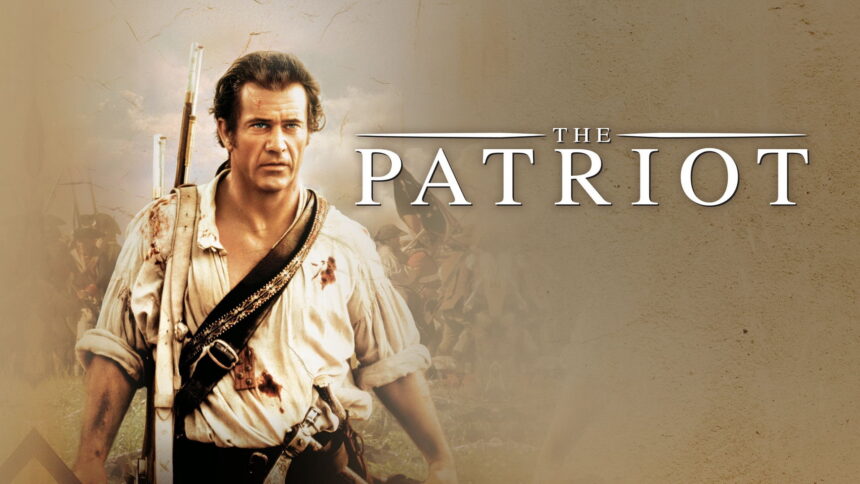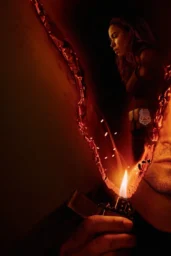The Patriot (2000), directed by Roland Emmerich, tells the gripping story of Benjamin Martin (Mel Gibson), a reluctant American Revolutionary hero forced into a brutal conflict after a British raid shatters his family. While initially avoiding the Revolutionary War, Benjamin embarks on a personal vendetta following a harrowing incident that ignites his fury. This Hollywood epic brings together themes of vengeance, sacrifice, and family loyalty, but it also sparked controversy for its portrayal of historical events, especially regarding British conduct. The film's finale left many fans wondering about Benjamin's relationship with his sister-in-law, Gabriel's unresolved revenge arc, and the significance of the infamous “church-burning” scene.
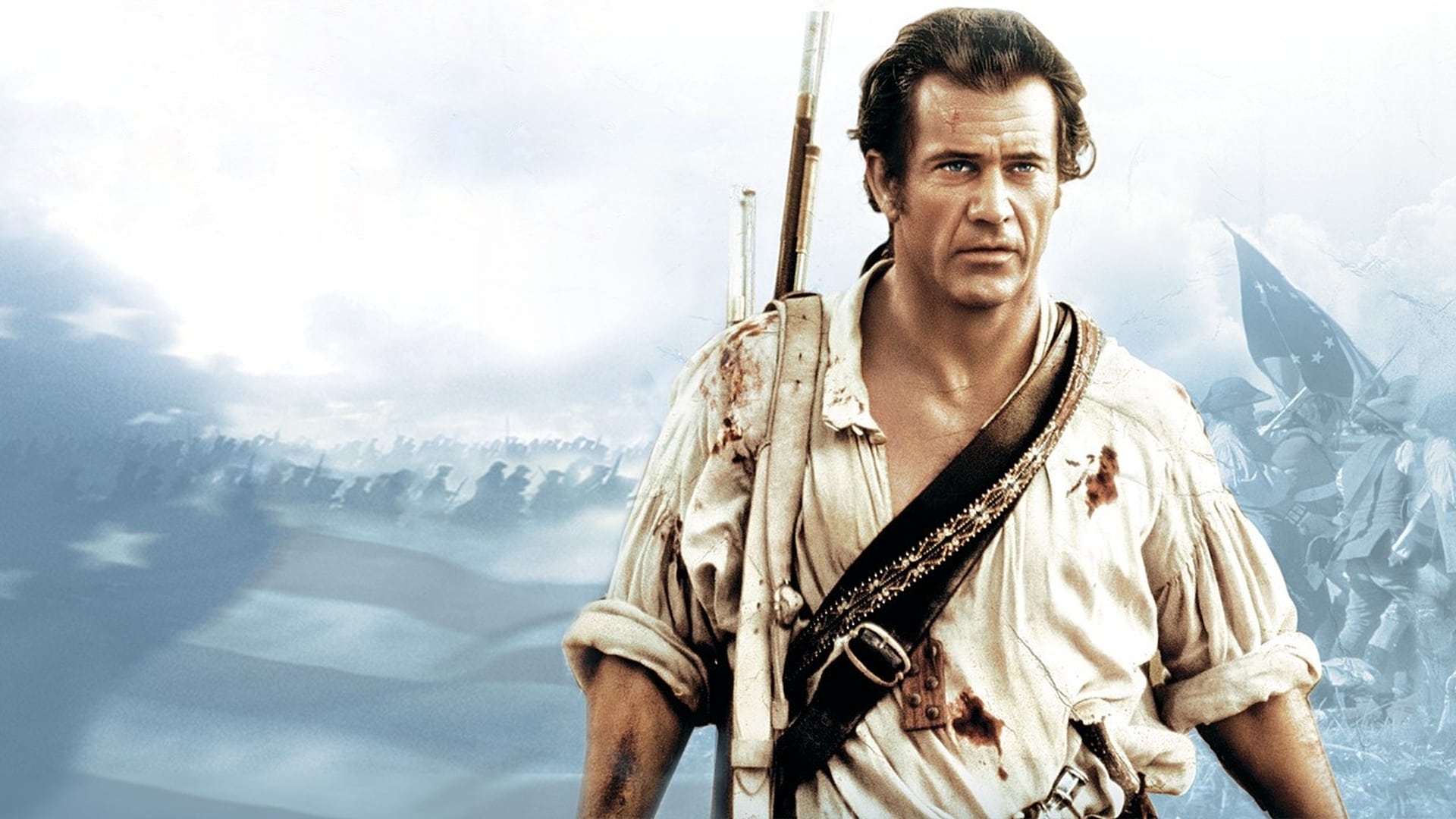
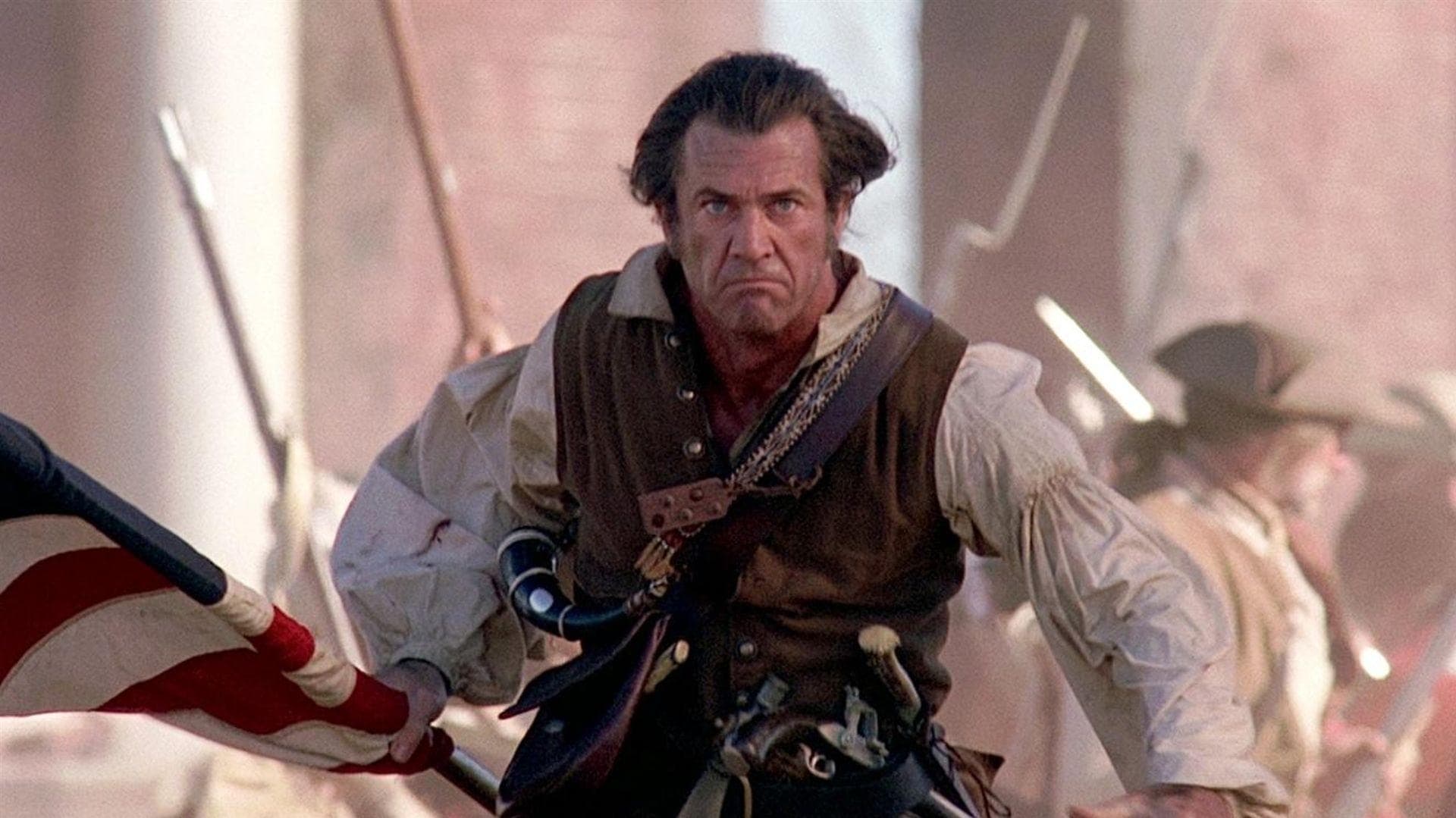
The Turning Point of the War: The Attack on the Martin Family
Benjamin Martin's opposition to fighting in the Revolutionary War dramatically shifts when British Colonel William Tavington, portrayed with chilling brutality, kills one of his sons and takes Gabriel, his eldest, captive. This violent act pushes Benjamin to rally his remaining children and ambush a British convoy, where he kills the soldiers holding Gabriel with chilling efficiency. This revenge marks Benjamin's transformation from a peaceful farmer into a merciless soldier, a change vividly brought to life by Gibson's powerful performance. The attack and its aftermath fuel the revenge-driven plot, which also reflects Benjamin's struggle with past traumas and his ethical battle with war itself.
Was Gabriel's Wife Pregnant Before the Church-Burning Tragedy?
Gabriel's arc in The Patriot is deeply emotional, marked by a quiet yet intense love for his childhood sweetheart, Anne (Lisa Brenner). The film briefly hints that Anne might be pregnant; however, this plot thread was ultimately left ambiguous. In an earlier script version, Anne was indeed pregnant, adding more depth to Gabriel's character and the weight of his tragic loss after Anne's family is locked inside a church by Tavington, where they perish in flames. The disturbing church-burning scene drew significant criticism, as it alludes to Nazi war crimes from WWII rather than verified events of the Revolutionary War. Critics argued that this creative liberty by the filmmakers unfairly characterized the British as villains. Despite the ambiguity surrounding Anne's pregnancy, Ledger's portrayal of Gabriel's grief remains powerful, giving viewers a compelling reason to sympathize with his quest for vengeance.
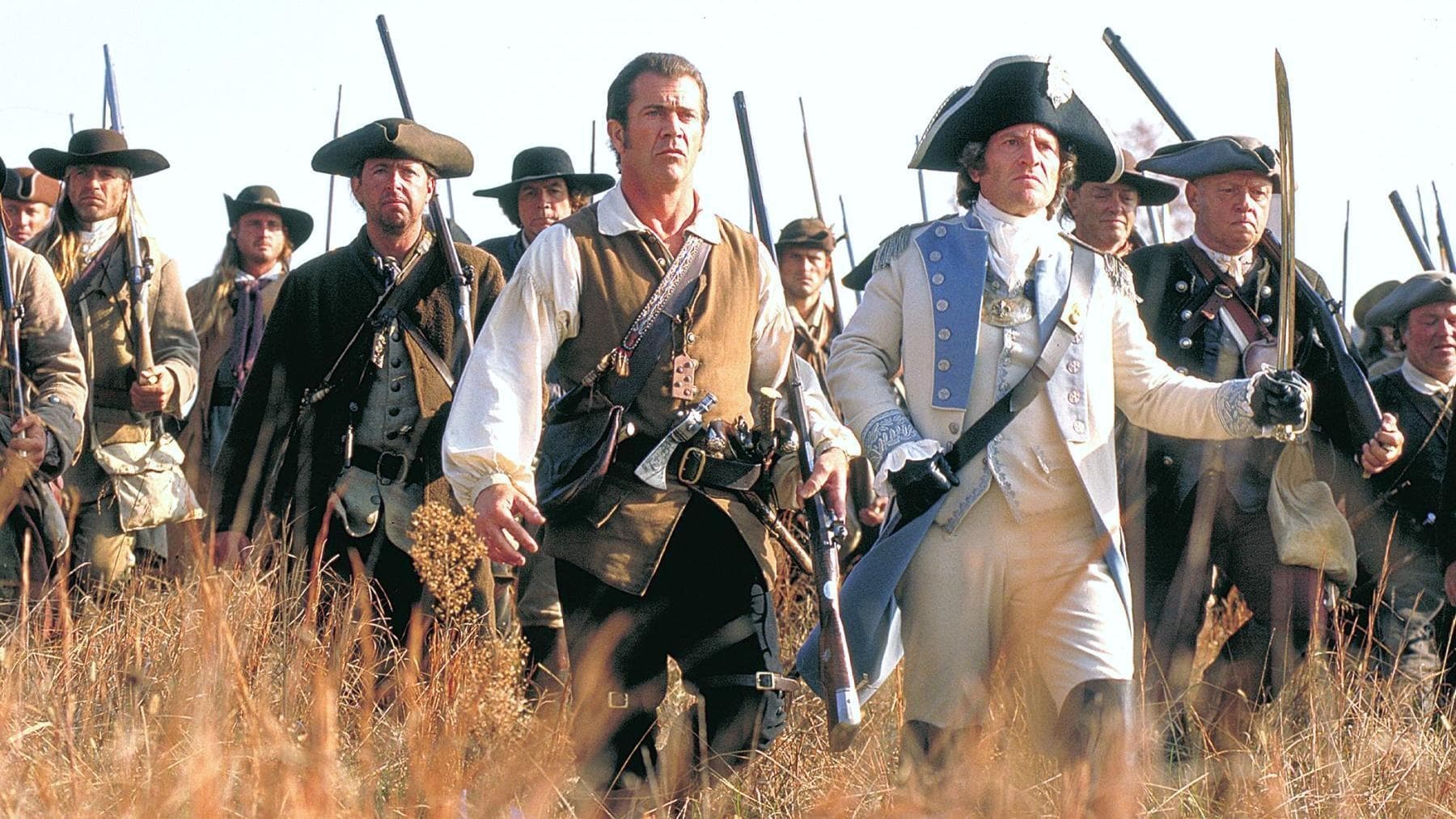

Gabriel's Attempted Revenge and Untimely Death
Driven by both grief and rage, Gabriel hunts down Colonel Tavington, determined to avenge Anne's brutal death. In a tense encounter, Gabriel ambushes Tavington by a creek. Although he initially overpowers the colonel, Gabriel's anger compromises his judgment. Underestimating Tavington's cunning, Gabriel is fatally wounded in a sudden turn of events. His death scene, where he expresses remorse for his younger brother's loss, adds another layer to his character's complexity. Gabriel's death pushes Benjamin to the emotional brink, leaving him questioning whether his family's suffering is divine punishment for his past sins.
Did Benjamin and Charlotte Marry and Have a Child?
As the film concludes, hints about a budding romance between Benjamin and his sister-in-law Charlotte (Joely Richardson) linger. Though their interactions are limited, subtle gestures and awkward pauses suggest deeper feelings between them. By the end, the possibility of a future together is symbolized by a blanket-wrapped bundle that Charlotte holds, leading audiences to wonder if she and Benjamin have a child. This question goes unresolved, leaving viewers to interpret the relationship's true nature. The film's screenplay underwent several revisions, including one that altered Benjamin's family size from six to seven children to reflect Gibson's real-life family. The resulting ambiguities add to the film's open-ended emotional undertones, though they left some fans wanting a more definitive conclusion.
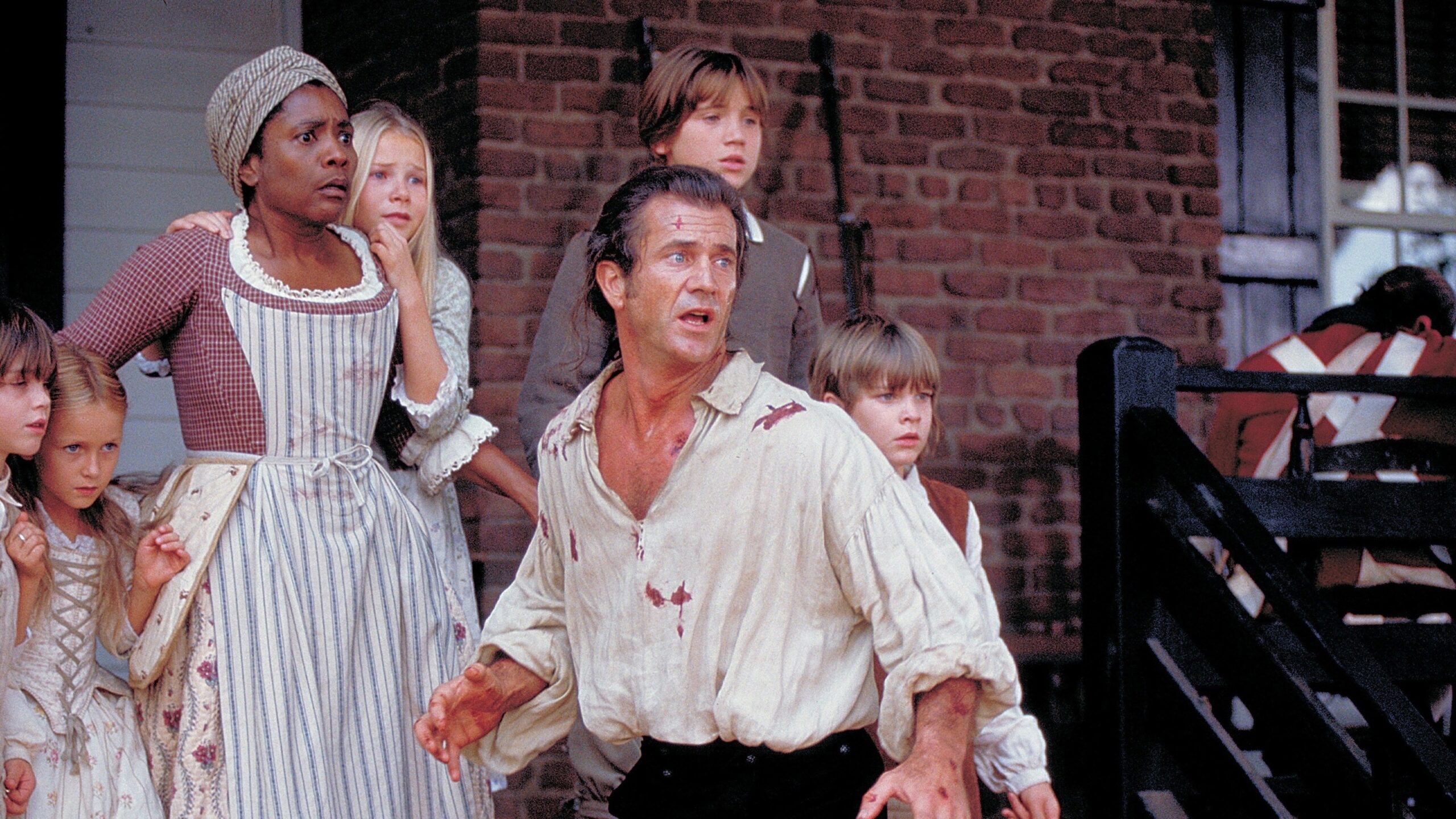
Historical Accuracy and Controversy: The Church-Burning Scene
The infamous church-burning scene is one of the most heavily debated aspects of The Patriot, and for good reason. In the film, British forces, led by Tavington, commit atrocities that historically resemble Nazi war crimes rather than British wartime conduct in the 18th century. Some historians criticized the film for painting an exaggeratedly negative picture of British soldiers, potentially distorting viewers' perceptions of the American Revolutionary War. Though there were documented instances of violence on both sides, the film's portrayal has been accused of oversimplifying historical truths in favor of cinematic drama. This scene underscores the tension between Hollywood storytelling and historical authenticity, raising ethical questions about how filmmakers should represent real events.
Conclusion
The Patriot is an emotionally charged film that uses historical backdrop as a means to explore revenge, family bonds, and the horrors of war. While the film's liberties with historical accuracy were controversial, they served to enhance the drama, albeit at the cost of historical fidelity. Benjamin's battle with his own demons and his children's tragedies create a story that is both haunting and resonant, emphasizing the costs of vengeance and war. Despite its open-ended character arcs, The Patriot remains a film that challenges viewers to consider the human side of war, making it as much a story about personal redemption as it is a tale of national struggle.
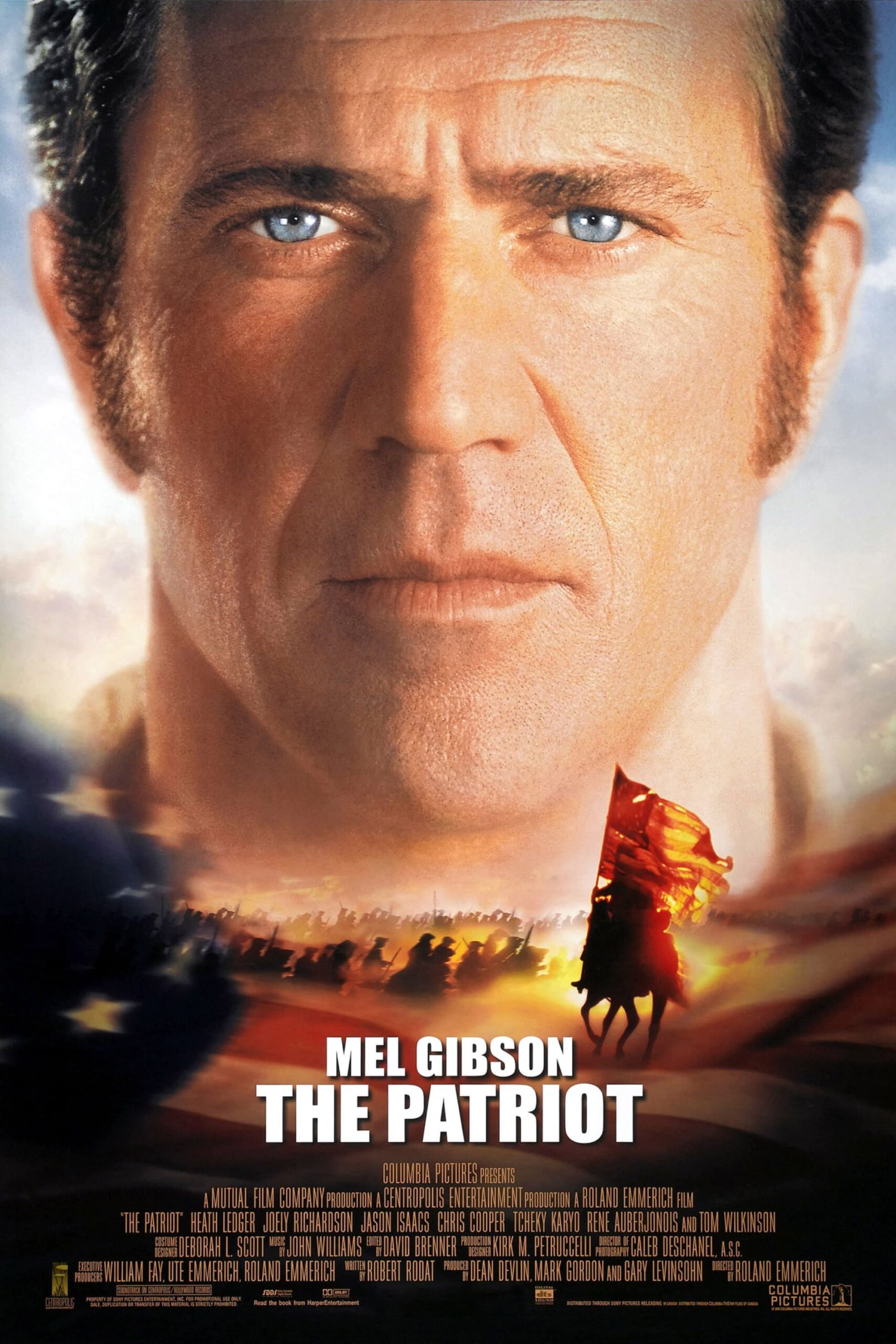

My Impressions
The Patriot is a stirring and thought-provoking film that stays with the viewer long after the credits roll. The movie's historical liberties are jarring but effective, turning what could have been a straightforward war story into a narrative about complex moral choices and human resilience. Mel Gibson and Heath Ledger both deliver memorable performances, with Ledger's portrayal of Gabriel adding depth and vulnerability that resonate. However, the film's handling of British conduct, especially in the infamous church-burning scene, veers into sensationalism, potentially distorting historical truths. While the open-ended subplots about Anne's pregnancy and Charlotte's relationship with Benjamin may frustrate some, they offer intriguing space for interpretation. Overall, The Patriot succeeds in capturing the turbulent emotions of war, though its dramatic license may leave history purists skeptical.
Do you think The Patriot's historical inaccuracies enhance or detract from the film's impact? Why or why not?

